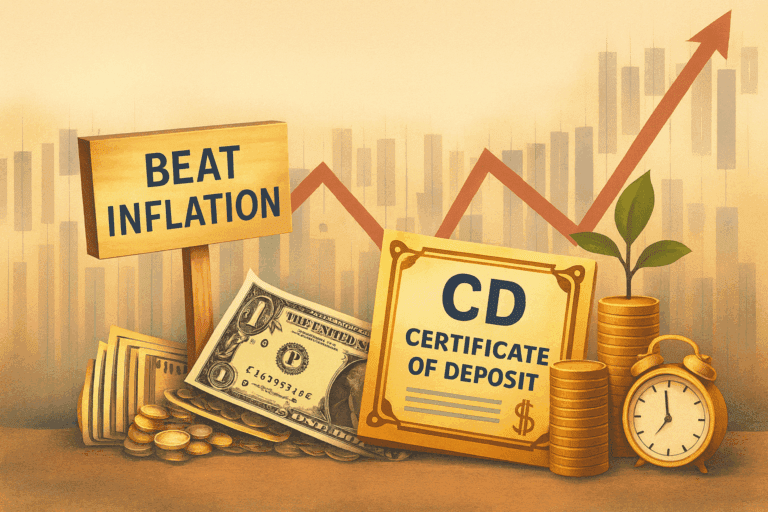Is it time for you to buy a house? Keeping a close eye on the property values near you, saving up money for a down payment, and waiting for interest rates to drop are all great moves. But when do you know that it’s time—or, better, how can you tell if you’re not ready?
Indicators That It’s Time to Buy
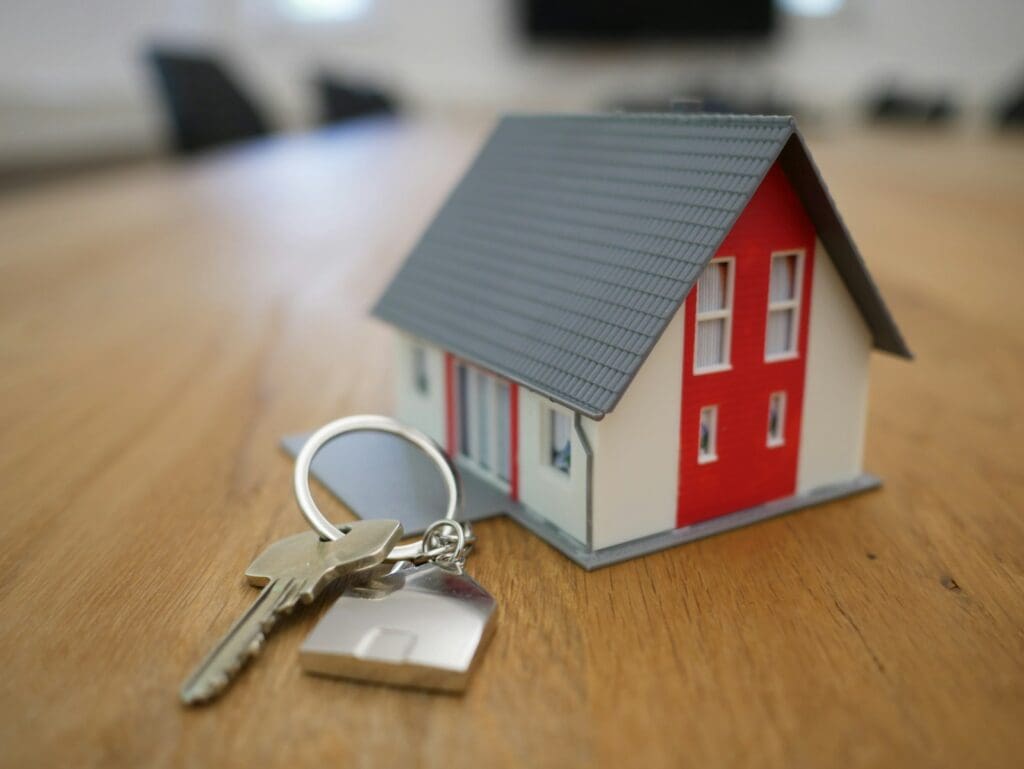
Firstly, lets look at some indicators that could tell you if you’re ready to own a house. If some or all of these indicators are true for you, it might be time to start talking to a real estate agent about finding a place to put down some permanent roots!
Ready for Stability

The first and most important thing to consider before you buy a house is whether you’re ready to be fixed in one place for a while. If you’re just renting apartments, you can more easily move around from town to town. Once you own a house, you’re pretty attached to the location. That can be a good thing, but it’s a big commitment!
Job Stability

As an add-on to the earlier point, you’re also going to need a stable job if you’re planning to own a home. Your mortgage payments don’t stop just because you’re between paychecks. Moreover, you’ll want a job you can reliably commute to and that won’t have you moving around too much. After all, if you’re always traveling, what’s the point in owning a place to stay?
Minimum Payments

On top of stability in your job, you’re going to need to know that your budget can handle the minimum monthly mortgage payments and all the other expenses that go into owning a home. You have to pay for utilities, repairs, yard work, and other incidentals you might have not already considered. That all adds up!
Good Credit
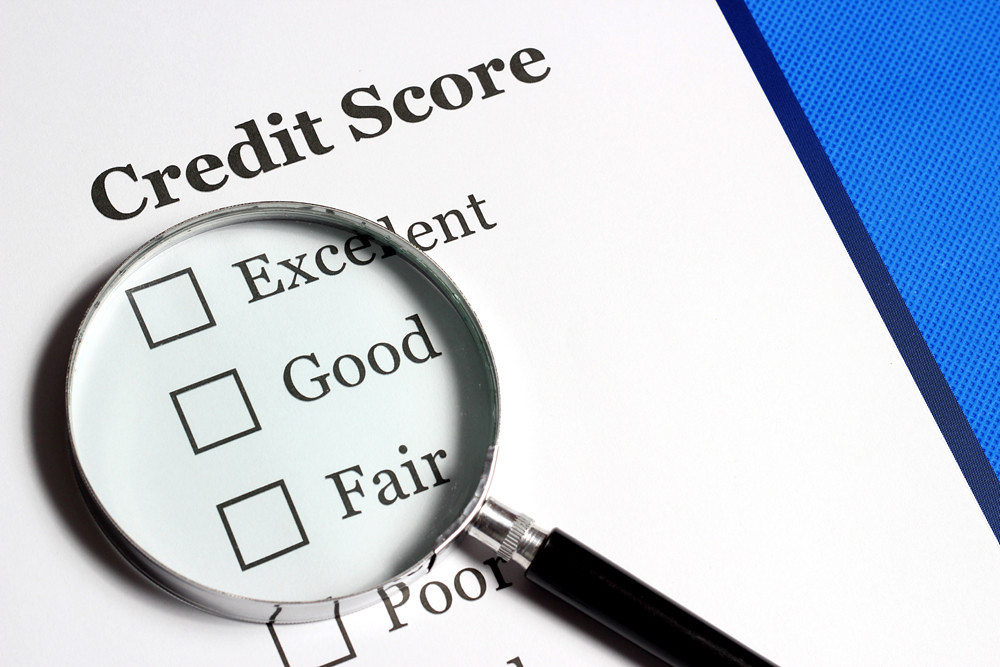
Another indicator that you’re ready to own a house is if you have good credit. The better your credit is, the better your mortgage terms are going to be. If you have bad credit, consider waiting a bit and repairing it before you launch into looking for a house. Your wallet will thank you later!
Savings Bulked Up
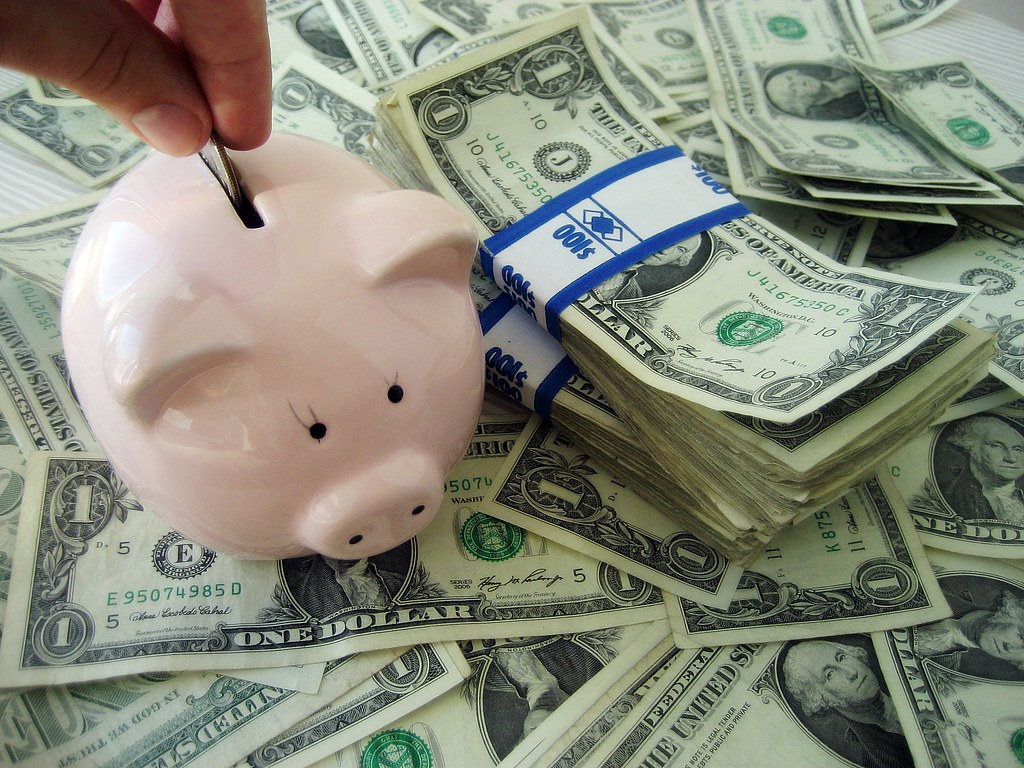
Finally, consider buying a house when you’ve saved up enough for a considerable down payment. The bigger a down payment you can afford, the better off you’ll be in the long run. A sizable down payment makes your loan easier to handle, and, when combined with good credit, can help you save a lot of money over the life of your loan.
When You Shouldn’t Buy
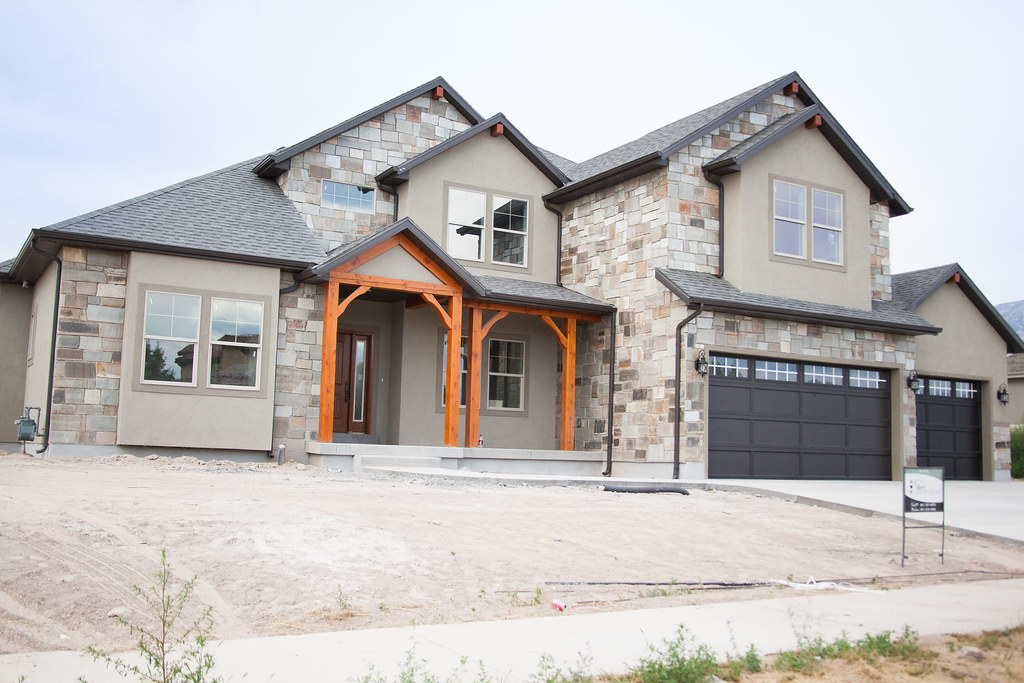
Still, there are a plethora of reasons why you might want to avoid buying a house. Firstly, stay away from the housing market while interest rates are at historic highs. Check around online and do your research. If you’re concerned about interest rates, wait a bit and see if they fall in response to things like the Federal Reserve shifting its monetary policy.
Debt Piling Up

If you’re already struggling with debt piling up, avoid buying a house. For one thing, that debt with higher interest rates makes it too expensive for you to consider taking on new loans. For another thing, huge stacks of debt will bring your credit score down, making it an even worse idea to buy a home.
Read More: 10 Retirement Money Myths to Avoid
No Room in the Budget

Even if you’re not contending with debt, you still might not be able to afford to own a home. Remember, there’s more to owning a home than just making the minimum monthly payments on your mortgage. Plenty of upkeep expenses could easily overstretch your budget and set you back considerably.
Read More: 10 Tips to Help You Avoid Foreclosure
Unstable Job

If you have bursty, contract-style work, you might not want to buy a home. This might sound frustrating, but you also need a job that keeps you in one spot. If you’re always on the road for work, you’re better off not putting roots down right now. It’s not ideal, but it’s better than spending a fortune on a place you never even get to see.
Read More: 10 Steps to Create a Successful Debt Repayment Plan




